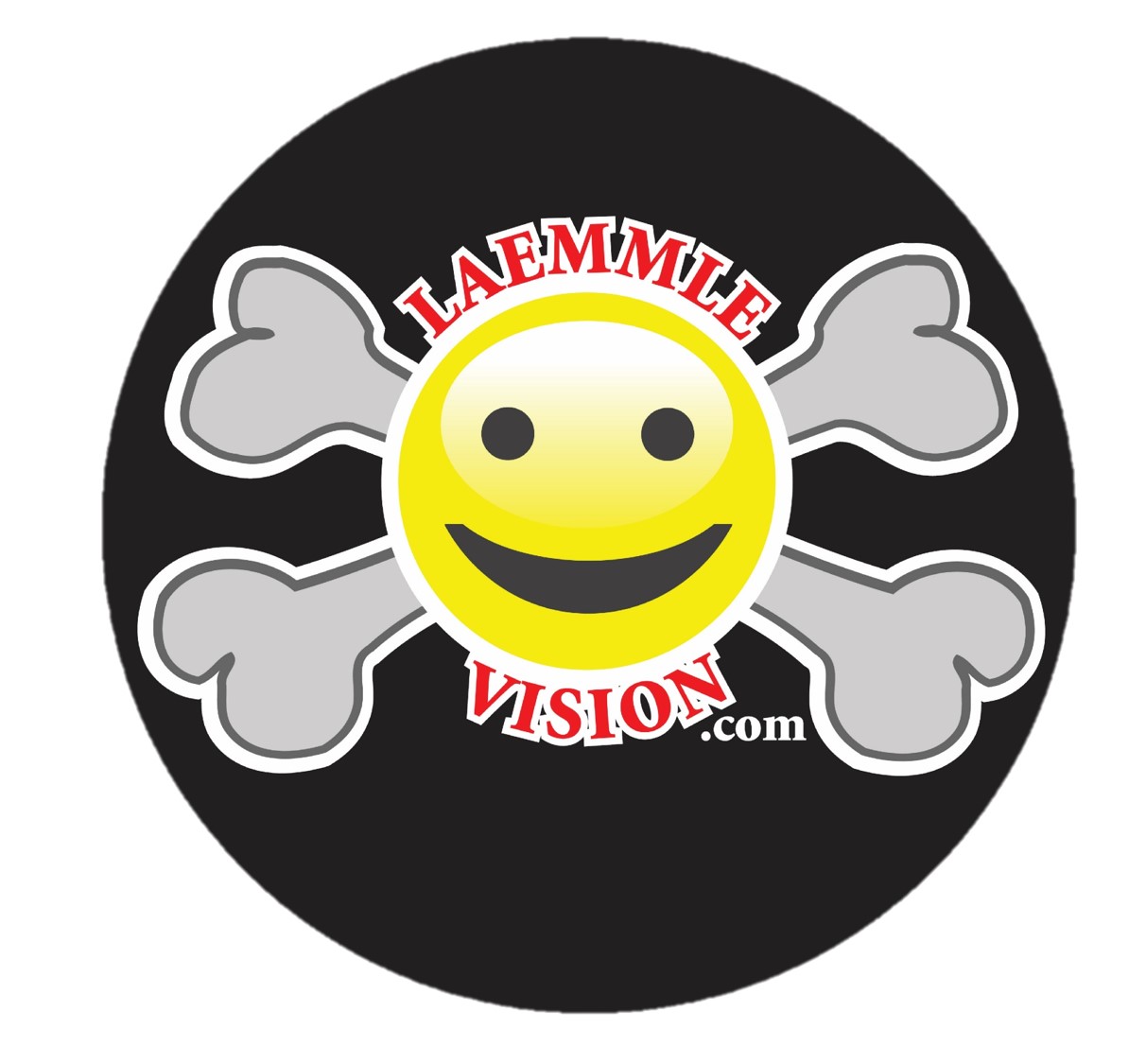So What's the Dilly with Take Shelter's Final Scene?
My perspective on Take Shelter has always been a little different than most people, professional critics and otherwise.
For most, it’s a tale about mental illness.
For me, it’s always been about our response to the reality of crisis, and the biggest crisis of all: death.
All you have to do is look at one newspaper, on any given day, and you’ll see, explicitly stated or implied, that everything is crisis.
Human life hangs in the balance. Stephen Hawking died, and the last words on his paralyzed lips were, “Humanity won’t last another hundred years.”
You’d have to have a hundred hands and a thousand fingers to count the things that threaten our existence every day.
Asteroids, comets, and/or other large hunks of space debris, flying into Mother Earth at a million miles an hour.
Someone bio-engineers a flu-like virus that wipes out humanity.
Climate change leads to a social chaos we’re unable to respond to. Winter is summer, spring is fall, and the bread-basket lands have shifted to the North-fucking-Pole.
Aliens come down and tear us a new asshole. Either enslave us or put us to slave labor, then liquefy us into a high-nutrient goulash.
and so on, so forth; blobbity blah-blah-blah.
But what is the one crisis that’s always with us?
DEATH.
We’re all going to die.
And many people smarter than me think that our obsession with End Times(whether biblical or environmental) is a sublimation of our obsession with our personal death. What is really obsession over our own personal demise becomes a concern for the demise of our species as a whole.
Michael Shannon’s character is living with the tension between “knowing” and “complacency.” He knows things won’t end well, but his community is acting like everything will work out fine.
But it won’t work out fine, because we all die. There’s no happy ending for any of us.
The reality of death doesn’t have to send you into a tizzy, but it’s frustrating when you can’t find anyone else in your community who wants to address that reality. If your community won’t address the reality of death, if it’s in denial, you get a little twisted in the head.
Shannon’s character is simply expressing, in tangible form, the psychological reality of his community. His shelter is his protection, just like denial is how his community protects itself.
So when the storm Shannon has been envisioning actually appears on the horizon at the end of the film, I understand it as a validation of his worldview.
The storm is coming, because the storm is always coming. Our own doom, our own annihilation, is always an ever-present fact. A white noise we pretend isn’t always buzzing in the background.



